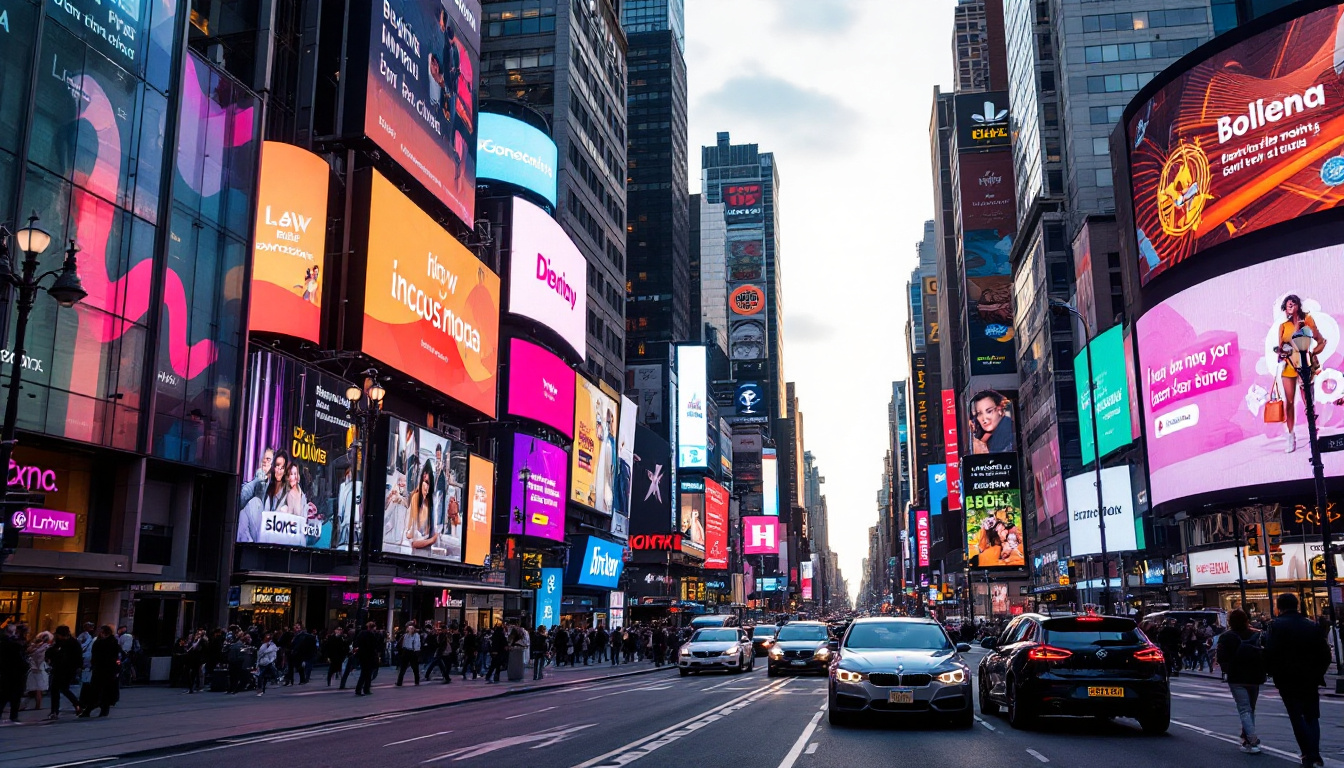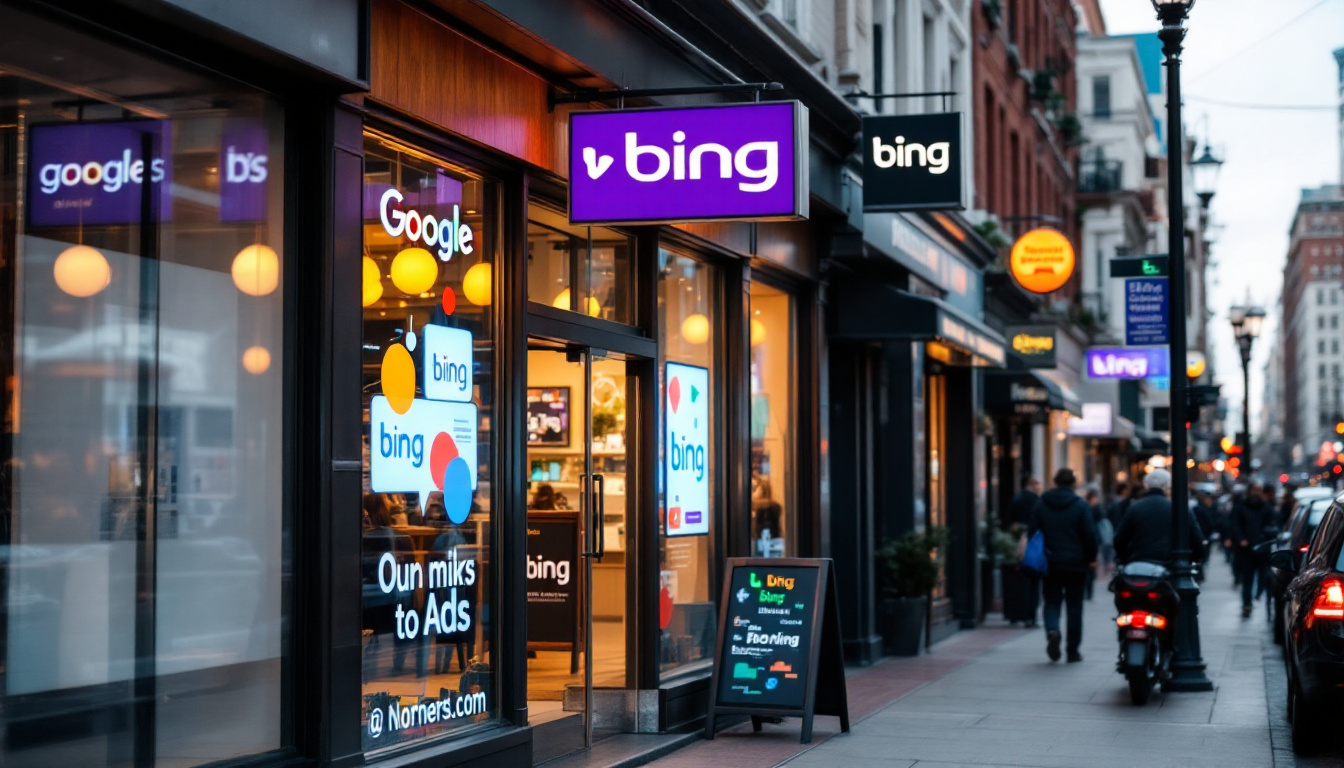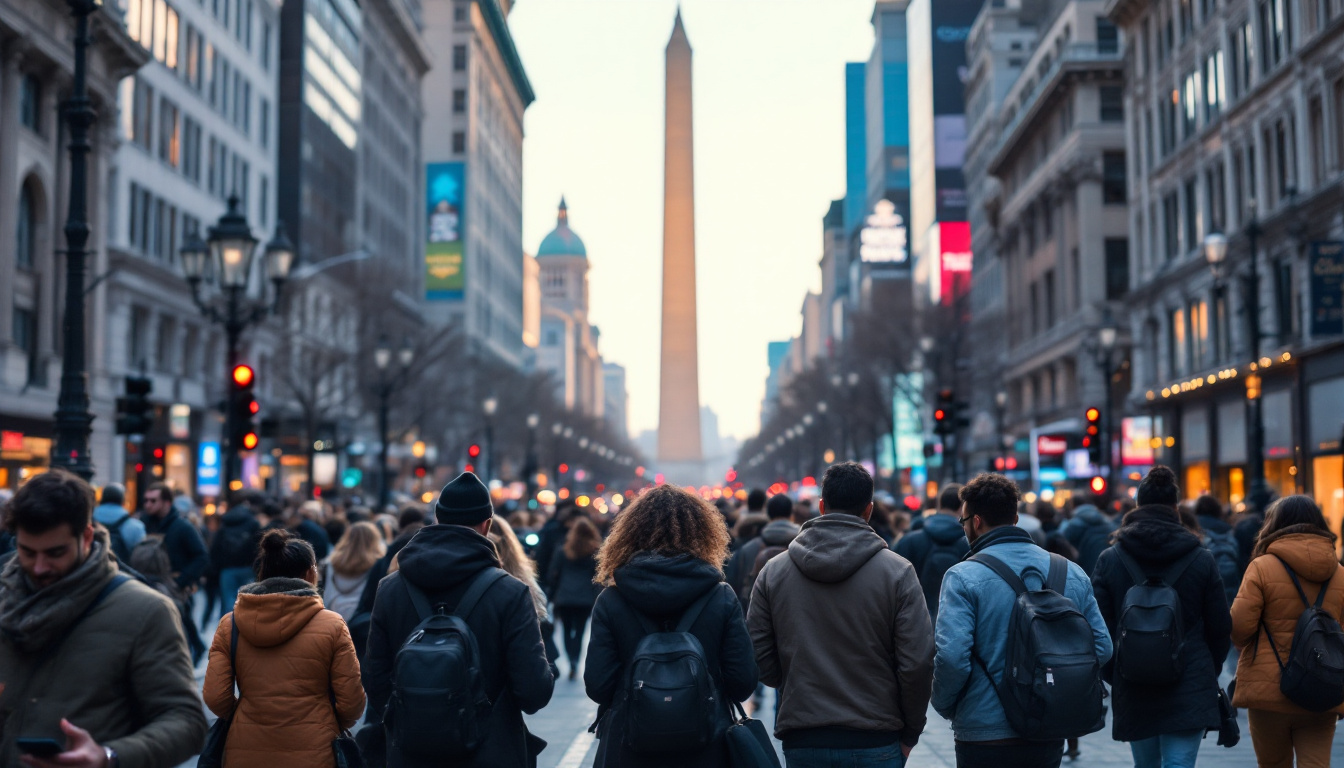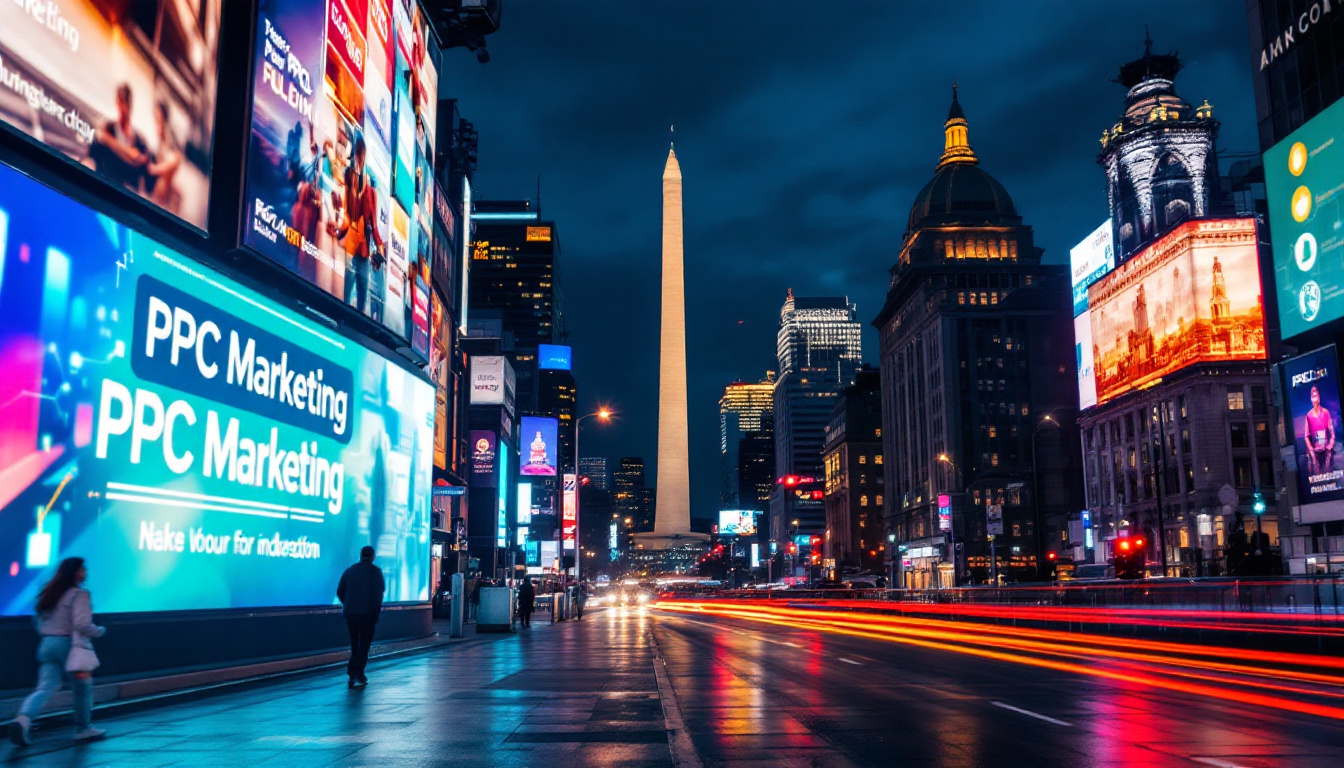Should Washington, DC Businesses Run PPC Campaigns Year-Round?

PPC (Pay-Per-Click) advertising has become a cornerstone of digital marketing strategies for businesses across the globe. In Washington, DC, a hub of political and economic activity, the question arises: Should local businesses run PPC campaigns year-round? This article dives into the nuances of year-round PPC campaigning, the benefits, seasonal trends, preparations for peak seasons, examples of successful campaigns, and how to effectively balance budgets.
Benefits of running PPC campaigns year-round
One of the primary advantages of running PPC campaigns year-round is continuous visibility. By maintaining a consistent presence in search engine results, businesses can ensure they remain top-of-mind for potential customers. Unlike traditional advertising that may have lulls in engagement, PPC lets businesses stay active and engaged with their target audience all year long.
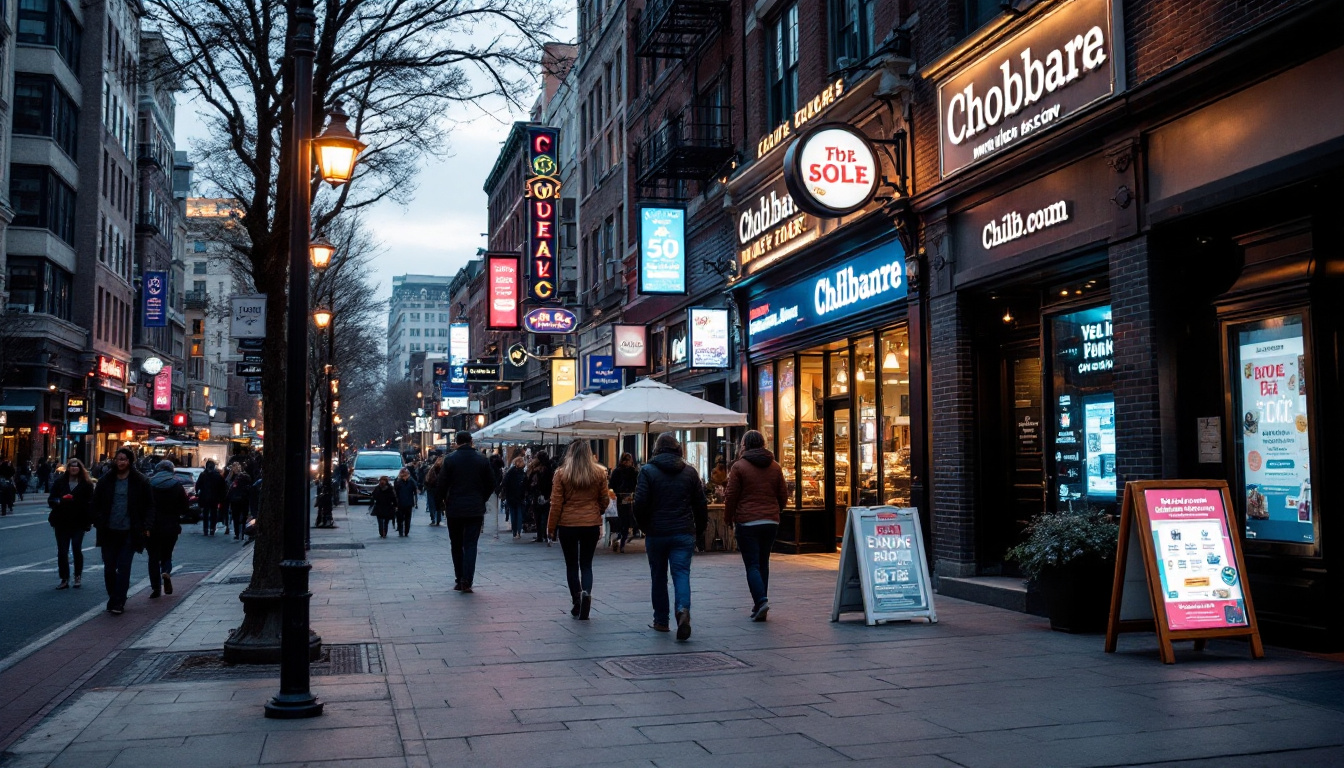
Moreover, running year-round campaigns allows businesses to gather valuable data and insights into their audience’s behavior. By analyzing which keywords drive traffic, what ads convert best, and how seasonal trends impact customer decisions, businesses can refine their strategies over time. This ongoing optimization leads to better ROI as campaigns evolve.
There's also an element of competitiveness. In a bustling economic environment like DC, many businesses are vying for the same audience. Those who consistently maintain PPC visibility can corner the market, preventing competitors from stealing potential customers. Year-round campaigns also enable them to capture leads that may not fit traditional seasonal molds, therefore maximizing overall revenue.
Additionally, running PPC campaigns throughout the year allows businesses to experiment with different ad formats and messaging strategies. This flexibility can be particularly beneficial in identifying what resonates best with their audience. For instance, a business might find that video ads perform exceptionally well in the summer months, while text-based ads drive more engagement during the holiday season. This adaptability not only enhances the effectiveness of the campaigns but also fosters creativity in marketing approaches.
Furthermore, year-round PPC campaigns can significantly enhance brand loyalty. By consistently appearing in front of potential customers, businesses can build a stronger brand identity and foster a sense of trust. When consumers see a brand regularly, they are more likely to perceive it as reliable and established. This familiarity can lead to repeat business and referrals, as satisfied customers are inclined to share their positive experiences with others, thus amplifying the brand's reach and impact without the need for additional advertising spend.
Seasonal trends in PPC for Washington, DC businesses
Washington, DC, experiences various seasonal trends that can impact PPC advertising. For instance, during political campaigns or major events, search volume around specific topics surges. Businesses related to tourism, dining, and local events often see peak interest around spring and summer months when tourism thrives. They should capitalize on this by ramping up PPC efforts during these times. The cherry blossoms, for example, draw thousands of visitors to the National Mall, creating a prime opportunity for local businesses to promote seasonal offerings and attract both tourists and residents alike.

Conversely, the winter holiday season introduces unique challenges and opportunities. While many businesses in retail see a spike in sales, the competition for ad space also heightens. Understanding seasonal trends allows companies to adjust their strategies accordingly, opting for targeted keywords and promotions that resonate with consumers during specific times of the year. For instance, businesses can leverage holiday-themed campaigns that highlight gift ideas, special discounts, or festive events, ensuring they stand out amidst the crowded marketplace. Additionally, incorporating local traditions and events into PPC campaigns can create a more personalized connection with the audience.
Lastly, local events, such as festivals or parades, can provide a temporary surge in interest and foot traffic in the city. Capitalizing on these events through tailored PPC advertising can significantly boost visibility and attract a larger audience. For example, during the National Independence Day Parade, businesses can create ads that promote special offers or events happening nearby, encouraging attendees to visit their establishments. Furthermore, aligning PPC strategies with community-oriented events not only enhances brand visibility but also fosters a sense of local engagement, which can lead to loyal customer relationships in the long run.
Moreover, the influence of weather patterns should not be overlooked when planning PPC campaigns. Washington, DC, experiences a range of weather conditions throughout the year, from the sweltering heat of summer to the unpredictable snowstorms of winter. Businesses can utilize this knowledge to tailor their ads based on current weather conditions, promoting cozy indoor dining options during cold spells or outdoor activities and events when the weather is pleasant. This dynamic approach to PPC not only maximizes relevance but also ensures that advertising efforts are aligned with the immediate needs and desires of the target audience.
How to prepare your campaigns for peak seasons
Preparing PPC campaigns for peak seasons requires foresight and strategy. Businesses should start by analyzing past performance metrics to identify peak periods. This historical data will inform future campaigns, helping businesses anticipate demand shifts and audience behaviors. For instance, understanding which products or services saw a spike in interest during previous holiday seasons can guide inventory decisions and promotional strategies, ensuring that businesses are not caught off guard by sudden increases in consumer interest.
Once historical data is assessed, businesses should create a timeline that details when to launch campaigns, what keywords to target, and what budget adjustments are necessary. This proactive approach allows for smooth transitions during peak times, ensuring campaigns are ready to go before the increase in consumer engagement begins. It's also beneficial to incorporate seasonal trends into this timeline, such as local events or holidays, which can influence consumer behavior and provide additional opportunities for targeted marketing.
Additionally, crafting specific ad copy and landing pages that align with seasonal trends and events can enhance relevance and improve conversion rates. By aligning messages with consumers’ current priorities, businesses can attract clicks and drive quality traffic to their sites during key times. Utilizing dynamic keyword insertion in ad copy can further personalize the experience, making ads feel more tailored to individual searchers. Furthermore, incorporating seasonal imagery and themes in landing pages can create a cohesive experience that resonates with users, encouraging them to engage more deeply with the content.
Moreover, leveraging social media platforms to amplify PPC efforts during peak seasons can significantly boost visibility. Engaging with audiences through targeted social media ads, contests, or promotions can create buzz and excitement around a brand. This multi-channel approach not only reinforces the PPC campaigns but also helps in building a community around the brand, fostering loyalty that can extend beyond the peak season. Additionally, monitoring competitor activity during this time can provide insights into market trends and help businesses adjust their strategies accordingly, ensuring they remain competitive and relevant in a crowded marketplace.
Examples of successful year-round campaigns
Successful year-round PPC campaigns often involve a diverse strategy tailored to audience needs. An example could be a local tourism company that maintains a consistent ad presence, promoting Washington, DC's historical sites year-round. They utilize seasonal messaging, adapting their ad copies and keywords to fit different times of the year while keeping the core service offerings consistent. For instance, during the cherry blossom season, they might highlight tours that focus on the blooming trees, while in the summer, they could promote family-friendly activities and events happening in the city. This adaptability not only keeps the content fresh but also resonates with both locals and tourists looking for timely experiences.
A tech company based in the heart of DC could also illustrate effective year-round advertising. By employing a focused advertising approach highlighting new product launches, alongside educational content about their technology solutions, they can maintain their visibility throughout the year while capitalizing on consumer interest during tech conventions held in DC. Additionally, they might create targeted ads that align with the academic calendar, offering promotions for students and educators at the start of the school year, thereby broadening their reach and relevance. This strategy not only helps in building brand loyalty but also positions the company as a thought leader in the tech space, fostering a community around their products and services.
Both of these examples highlight that success stems from understanding the local culture and consumer behavior while remaining adaptable to yearly cycles. By doing this, businesses can create lasting impressions that convert, regardless of the season. Furthermore, integrating customer feedback into their campaigns can enhance their effectiveness; for instance, the tourism company could gather insights from visitors about their experiences and use that data to refine their messaging. Similarly, the tech company could leverage user-generated content from satisfied customers to build trust and authenticity in their advertising. Such strategies not only enrich the campaigns but also create a more engaged audience that feels connected to the brand.
Balancing PPC budgets across the year
Balancing PPC budgets throughout the year is a crucial aspect of ensuring campaign success. Businesses must carefully monitor expenses and returns to optimize their budget allocations effectively. For example, during peak seasons, larger budgets may be required to compete effectively in crowded markets.
Conversely, businesses should also identify off-peak times where they can reduce spending without sacrificing visibility. Low-spending periods can be focused on brand-building efforts or engaging audiences with informative content rather than direct sales. This balance ensures that businesses do not exhaust their budget in peak times and remain prepared for future growth opportunities.
Utilizing automated bidding strategies and budget adjustments based on performance metrics can also help maintain this balance. By adopting a flexible approach to budgeting, DC businesses can maximize their PPC efficiency and ensure a steady return on investment.
In conclusion, running PPC campaigns year-round can be an effective strategy for businesses in Washington, DC. With the right planning, preparation, and execution, companies can reap the benefits of continuous visibility, gather valuable insights, and succeed amid seasonal fluctuations. As the digital landscape continues to evolve, businesses that adapt their PPC strategies accordingly will likely achieve greater success.

As a Google Ads expert, I bring proven expertise in optimizing advertising campaigns to maximize ROI.
I specialize in sharing advanced strategies and targeted tips to refine Google Ads campaign management.
Committed to staying ahead of the latest trends and algorithms, I ensure that my clients receive cutting-edge solutions.
My passion for digital marketing and my ability to interpret data for strategic insights enable me to offer high-level consulting that aims to exceed expectations.




